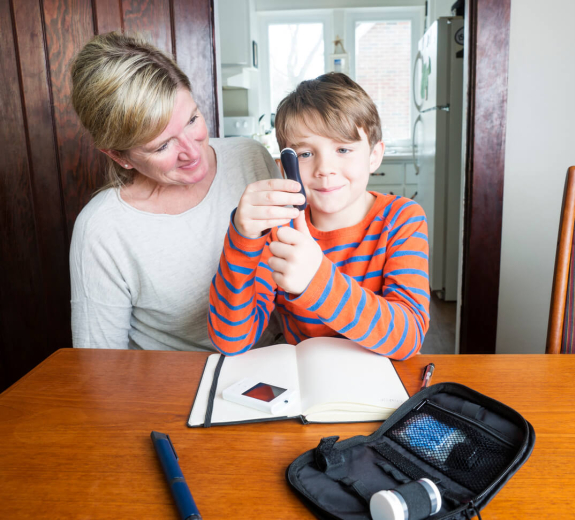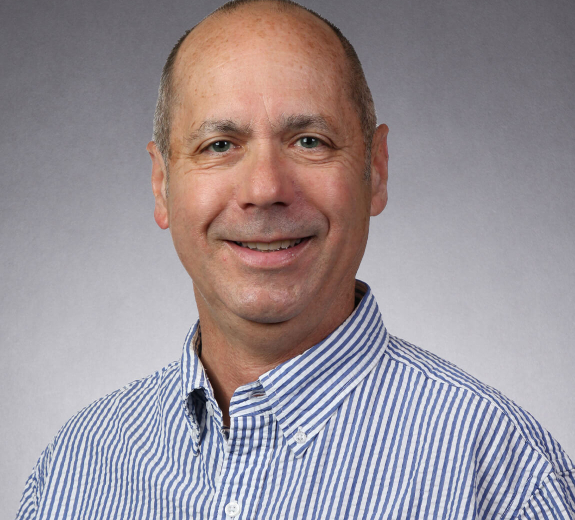How do you explain your job to someone who knows nothing about it?
I’m a pediatric endocrinologist whose primary focus is research. I study T1D, looking for new medicines to slow or stop the disease. A lot of my work focuses on finding medicines that can slow or stop those changes with the goal of delaying the onset or someday even preventing T1D.
What brought you to BRI?
I’ve worked with BRI faculty and staff as a collaborator for years, and I am excited to be part of the team. There are some field leaders in T1D here and a collaborative culture that leads to some really exciting science. They have some amazing tools and technologies not available at a lot of research institutes. And if you look at the track record of discoveries here — that says it all.
How did you become interested in T1D research?
I actually started my research career studying other, rare endocrine diseases, but got involved in a T1D research project when I was working at the University of Arizona. I’ve had success with clinical research in this area which has resonated with my clinical practice caring for children with T1D. There have been tremendous advances with new insulins and more recently, technology to improve monitoring and dosing of this live-saving medicine. None of these advances address the underlying disease that leads to T1D.
What are some interesting research projects your team is working on?
At my previous institute, I launched a study called PLEDGE, which has screened 10,000 kids for T1D across five states so far. The goal of this study is to show that we can integrate this screening into routine medical care and help more families understand their child’s risk for T1D. Knowing which child is on track to develop T1D can help us to recognize rising blood sugars early and start insulin in time to prevent a life-threatening complication called diabetic ketoacidosis.
I’m excited to be able to continue my work with the PLEDGE study here at BRI. One thing we’ll focus on is not only identifying who will develop T1D, but when they might develop the disease, and how we should monitor them in the meantime.
I’ll also work to expand BRI’s clinical trials program and bring more T1D trials to BRI. One of my goals is to develop collaborations that leverage BRI’s Experimental Medicine Unit, which uses advanced tools like immunophenotyping to better understand exactly how new medicines affect different cells and biological processes.
What do you like to do for fun?
I enjoy swimming, hiking and biking. I came to BRI from South Dakota where it was a much longer drive to either mountains or large bodies of water, so I’m really looking forward to exploring areas near Seattle.




